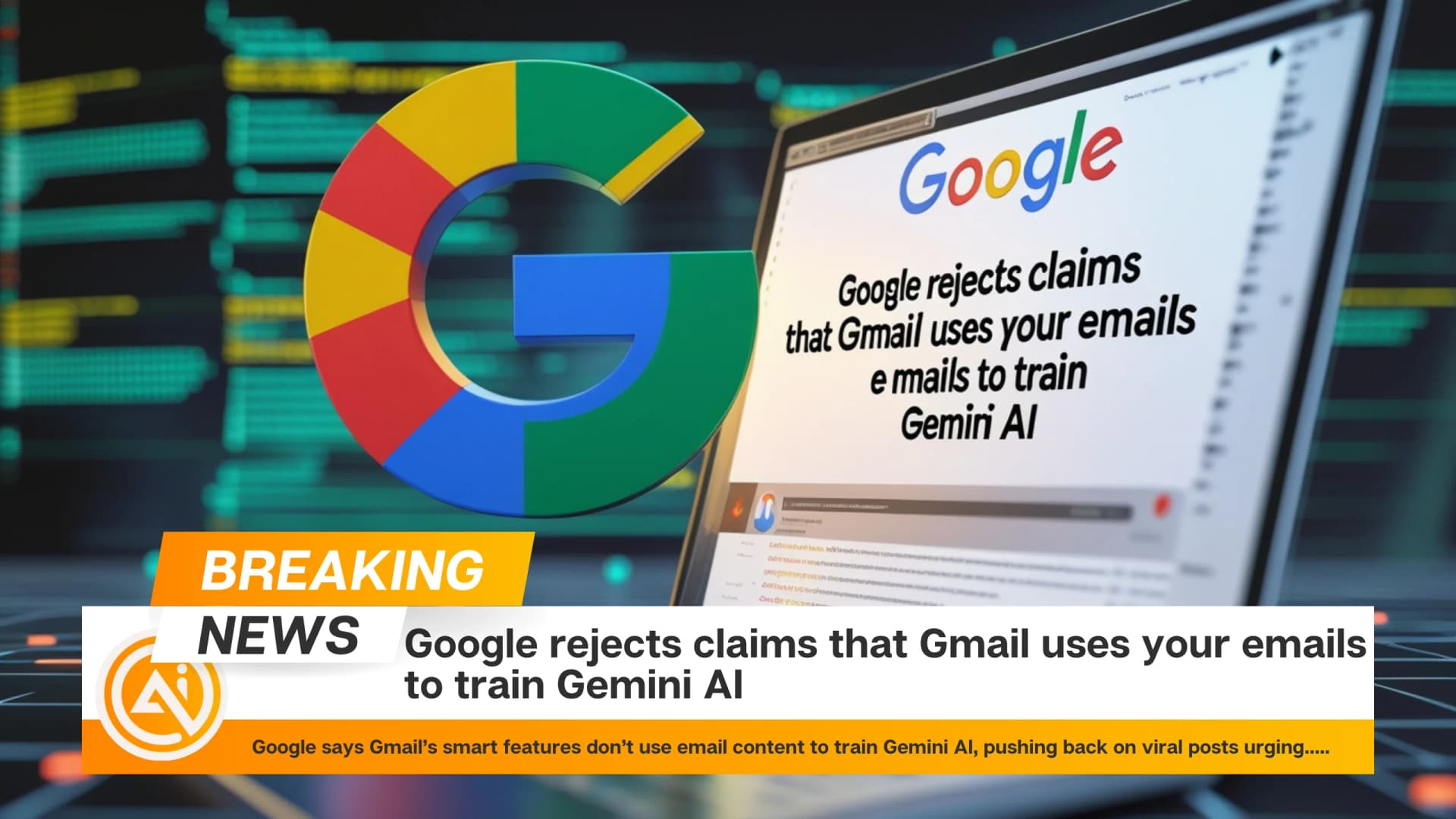Meta CEO Mark Zuckerberg has defended his company’s use of a dataset containing copyrighted e-books, drawing a parallel to YouTube’s approach to pirated content. In a deposition tied to the Kadrey v.
Meta Platforms case, Zuckerberg argued that like YouTube, which aims to remove pirated material while hosting primarily licensed content, Meta’s AI practices fall under “fair use.” This legal battle is one of many involving authors and AI companies, with plaintiffs disputing the fairness of training AI on copyrighted materials.
The case highlights Meta’s use of LibGen, a controversial dataset of e-books, to develop its Llama AI models. While Meta employees acknowledged LibGen’s pirated nature in internal discussions, Zuckerberg claimed limited knowledge of the dataset.
Despite these concerns, the amended complaint alleges that Meta trained its Llama models using LibGen and similar sources like Z-Library, which has faced legal scrutiny for copyright violations. Plaintiffs argue that Meta’s practices undermine fair licensing agreements and suggest deliberate efforts to obscure the use of copyrighted material in its AI training.
Zuckerberg maintained that banning datasets like LibGen outright could be unreasonable, likening it to banning YouTube for hosting some pirated content. He stressed the importance of caution when using potentially infringing datasets but defended the practice as a nuanced issue.
Meanwhile, plaintiffs’ lawyers allege Meta cross-referenced pirated books to assess licensing opportunities and continued using unlicensed materials to train future models, including Llama 4.
This lawsuit adds to broader concerns about AI companies leveraging copyrighted works without consent, raising questions about ethical AI development and legal accountability.
Zuckerberg’s defense of Meta’s approach and the revelations about its AI training practices highlight the growing tension between innovation and intellectual property rights in the AI industry. As this case unfolds, it could set a precedent for how courts address copyright disputes involving AI systems.
